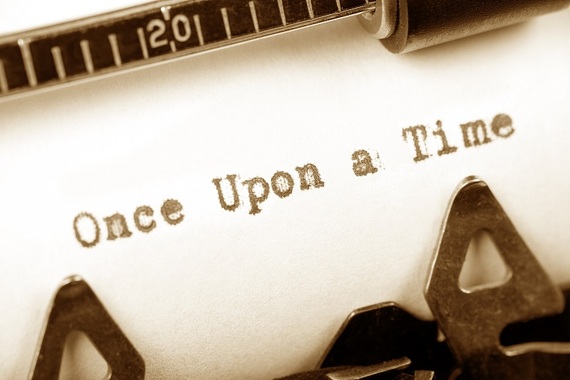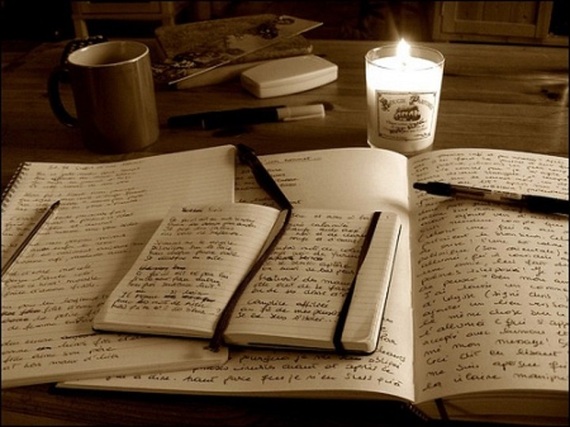How to Read a Play as a Manual for Novel Writing
lithub.com – Saturday February 5, 2022

Several years ago, I ran into a neighbor—a fiction writer and essayist—in a coffee shop, where he was reading Harold Pinter’s The Dumbwaiter. “I like to read plays before I write fiction because they remind me how to start writing,” he said.
At the time, I didn’t understand what he meant—I thought the prose I wrote and the plays I wrote were diametrically opposed. I teach playwriting to undergrads, and I tell my students early and often that a play has more in common with a song or a poem than with a novel. In playwriting groups it’s often a veiled insult to be told that your plays are “novelistic”—that’s when you know your play is overwritten and not theatrical. I always thought if I wanted to write a novel—which I did—I had to push what I knew about playwriting away: that other than both being made up of words the two forms were at best distant, and at worst, incompatible.
In March 2020, when I had a big theatrical project postponed indefinitely, I began working on the novel that would become my debut. From the start, I could tell there was something different about my writing, something that excited me—it had an energy, a voice. Once I finished the first chapter, I knew I could keep going. And as I continued to write Vladimir, the story of an English professor’s captivation with a younger colleague, I realized that I was pulling directly from what I knew about playwriting. Here are three aspects I considered:
To read the full article on lithub.com, click here




 The best way to polish your writing? Read it aloud.
The best way to polish your writing? Read it aloud. ‘Read, read, read to stoke the furnace,’ and more writing advice from Luis Alberto Urrea
‘Read, read, read to stoke the furnace,’ and more writing advice from Luis Alberto Urrea Winning writing competitions
Winning writing competitions What Has Surprised You About The Writing Life? Intriguing Answers From Acclaimed Authors
What Has Surprised You About The Writing Life? Intriguing Answers From Acclaimed Authors Steven Pinker: 'Many of the alleged rules of writing are actually superstitions'
Steven Pinker: 'Many of the alleged rules of writing are actually superstitions' Writing contest etiquette
Writing contest etiquette My writing competition success - An interview with writer, Jerry Ryan
My writing competition success - An interview with writer, Jerry Ryan Tips on writing fiction
Tips on writing fiction 5 Things Every Screenwriter Should Know About Action Writing
5 Things Every Screenwriter Should Know About Action Writing What Acclaimed Authors Love About Writing
What Acclaimed Authors Love About Writing Tom Ellen and Lucy Ivison: how we went from being teenage sweethearts to writing partners
Tom Ellen and Lucy Ivison: how we went from being teenage sweethearts to writing partners Three Essential Books That Will Immediately Improve Your Writing
Three Essential Books That Will Immediately Improve Your Writing What makes bad writing bad?
What makes bad writing bad? Book proposal writing made easy
Book proposal writing made easy Writers' Handbook 2025 now available to buy
Writers' Handbook 2025 now available to buy Alex Cochran joins Greyhound Literary
Alex Cochran joins Greyhound Literary South West publishing group seeking submissions
South West publishing group seeking submissions New Publisher Listing: Muswell Press
New Publisher Listing: Muswell Press Bloomsbury snaps up academic publisher in ‘game-changing’ acquisition
Bloomsbury snaps up academic publisher in ‘game-changing’ acquisition New Literary Agency Listing: Greenstone Literary
New Literary Agency Listing: Greenstone Literary English Department launches first literary magazine
English Department launches first literary magazine Giulia De Biase joins Andrew Nurnberg Associates, Milan
Giulia De Biase joins Andrew Nurnberg Associates, Milan New Literary Agency Listing: Creative Roots Studio
New Literary Agency Listing: Creative Roots Studio Royal Literary Fund’s hardship grants for writers see applications increase by 400%
Royal Literary Fund’s hardship grants for writers see applications increase by 400% Human Kinetics buys Lotus Publishing for undisclosed sum
Human Kinetics buys Lotus Publishing for undisclosed sum New Literary Agent Listing: Emily Barrett
New Literary Agent Listing: Emily Barrett Ed Wood leaves Sphere editorial to become agent at The Blair Partnership
Ed Wood leaves Sphere editorial to become agent at The Blair Partnership Mubi Moves into Book Publishing with Mubi Editions Imprint
Mubi Moves into Book Publishing with Mubi Editions Imprint
